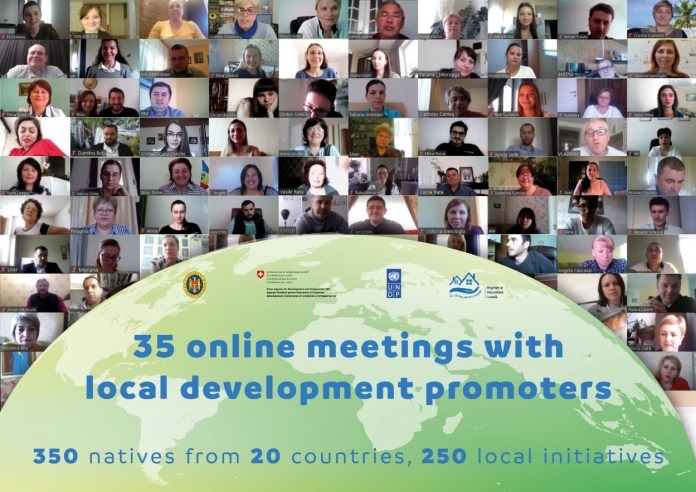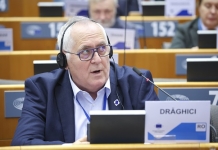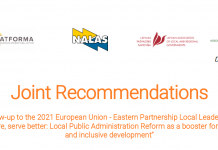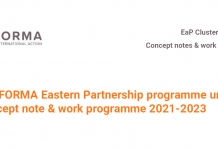What do communities of Moldova have in common? In each of these, the exodus of one third of the population is felt in the shortage of human resources and expertise in various areas. Cotiujenii Mari, the largest village in Soldanesti district, is no exception to this.
Miles and miles apart, but close in thoughts and deeds
The village has over 3,000 inhabitants and includes the communities Cuselauca, Gara Cobilea and Cotiujenii Mari. The village has always had schools, kindergartens, music school, as well as a centre of arts for children, with specialized teachers. This helped bring up generations of educated people, who went to study further on and built careers in various fields. However, for years and years these people native from this village would only return home as sons and daughters who missed their parents and homeland, without realising how valuable their expertise could be for their home village.
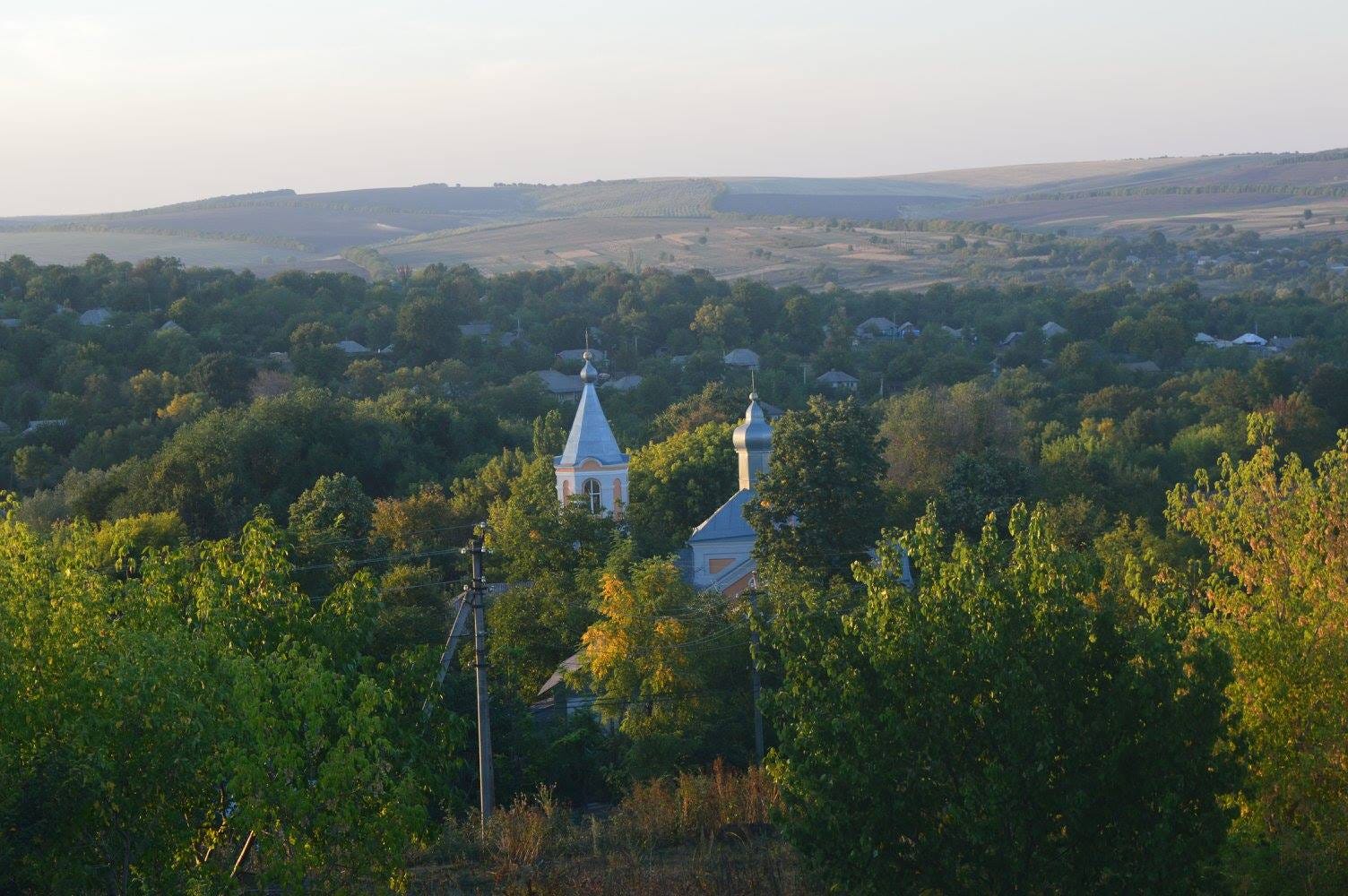
Something new happened after 30 years of Cotiujeni inhabitants leaving the village. For the first time, 15 natives of Cotiujeni, with diverse areas of expertise, took part in the meeting “Promoters for HOME” – a campaign launched by the UNDP’s “Migration and Local Development” Project in its 35 partner communities, with the support of Switzerland.
As it happened during the pandemic, the natives could come home only on-line. They came together from all over the world: Ireland, United Kingdom, Switzerland, Germany, France, Russian Federation, but also from other communities ofMoldova. The purpose of the gathering was not just to say how much they miss home, but also to discuss common plans for the community based on the expertise that each and every one of them has in such areas as economy, social work, education, medicine, justice, logistics and transport, banking, tourism, trade, IT, interior design, etc. They have thus set a joint purpose: to develop their home community. The most important, however, was that these promoters of local development planned the interventions while communicating directly with the mayor of the village and local leaders.
The on-line meeting of “Promoters for home” brings closer the ones who are far away
First, the mayor presented a brief overview of the community, then the participants introduced themselves and mentioned the country where they settled and their field of expertise.
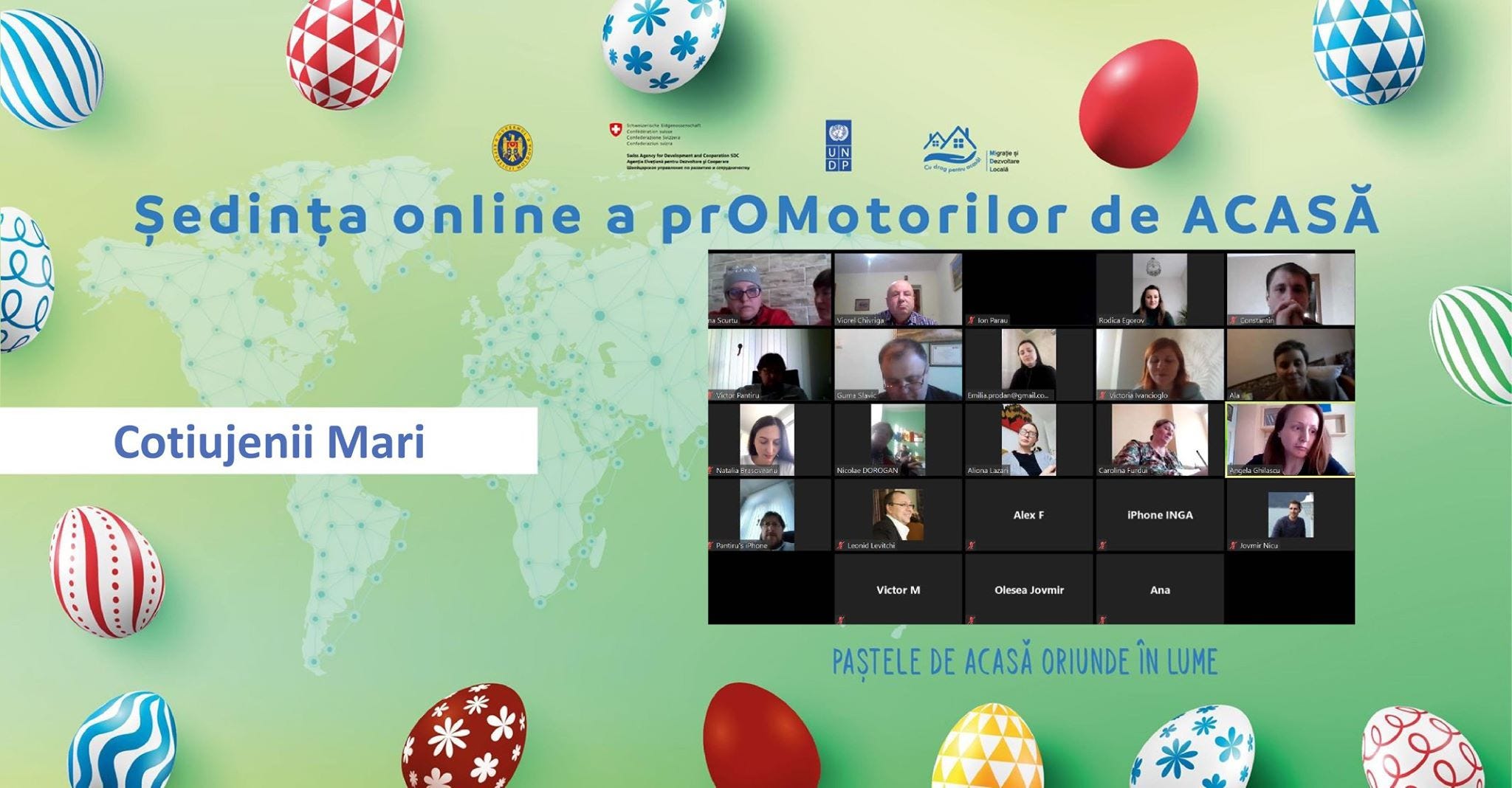
The migration focal point (employee of the local public administration), Larisa Ribac, presented a report on the achievements of the Razesii — Hometown Association of Cotiujenii Mari, namely: purchase of a motor grader, construction of a pedestrian alley, involvement of 20 pupils that are ready to volunteer for the community, including by media production.
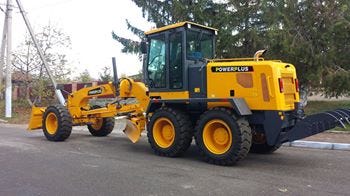
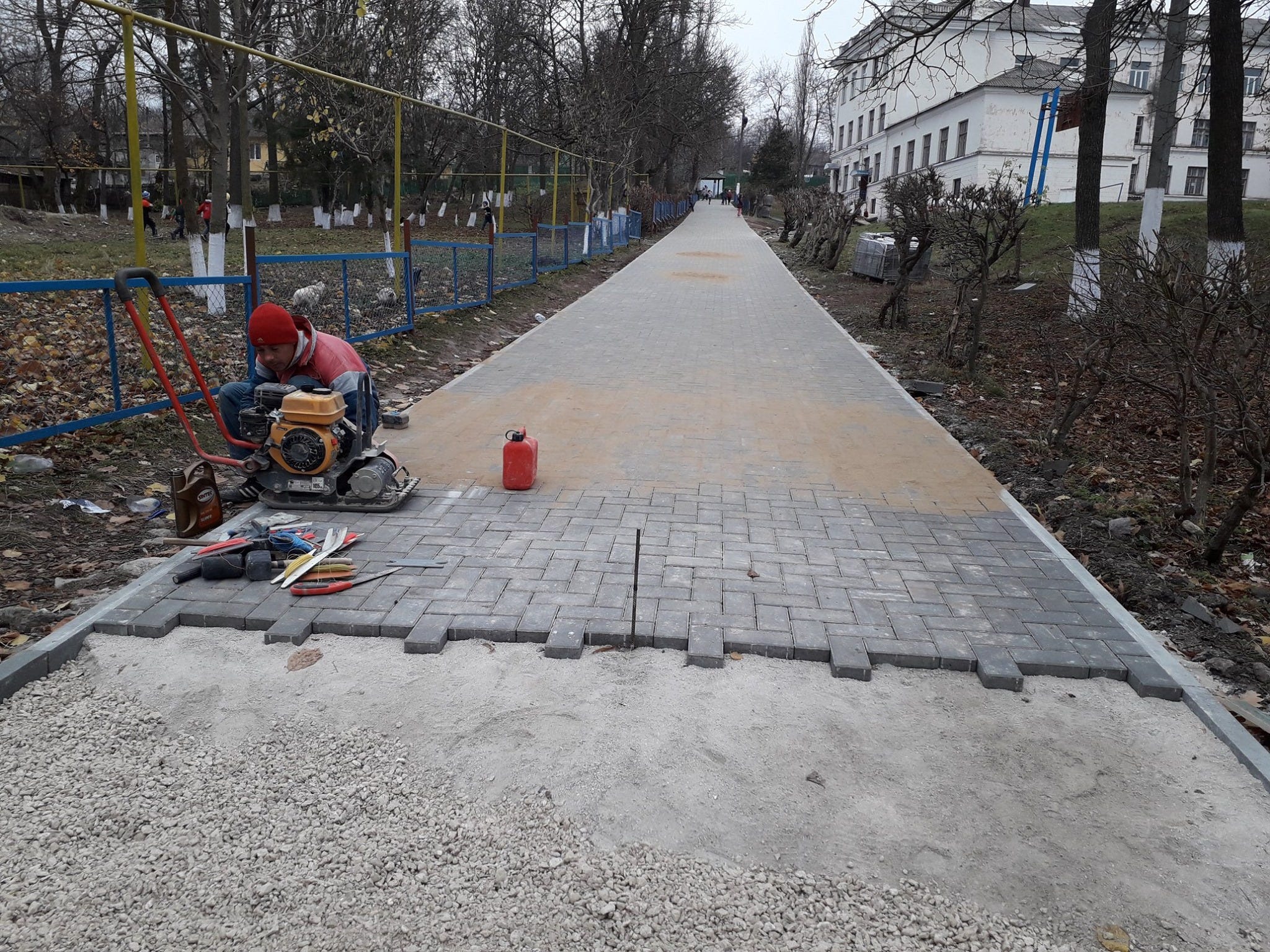
“We plan to establish a handicraft centre, where youngsters could learn from elderly people about income generating activities for them and for the community. Also, we started a touristic project for the Rogojenii Mari village that is part of our commune by creating guest houses and tourist routes. All of these will contribute to the economic development of the community,” said Larisa Ribac.
Right after these detailed presentations, the natives’ ideas started to flow.
One of them was to promote the community as a travel destination by involving a blogger in promoting its touristic attractions and conducting a festival.
“I could get in touch with some professionals to develop the concept of a festival that would last for a couple of days. As the comedian Gheorghe Urschi is originally from Cotiujenii Mari, I think we should have a festival of humor, which would also include the sale of handicraft items, some exhibitions,” suggested Angela Ghilascu, who resides in the capital city.
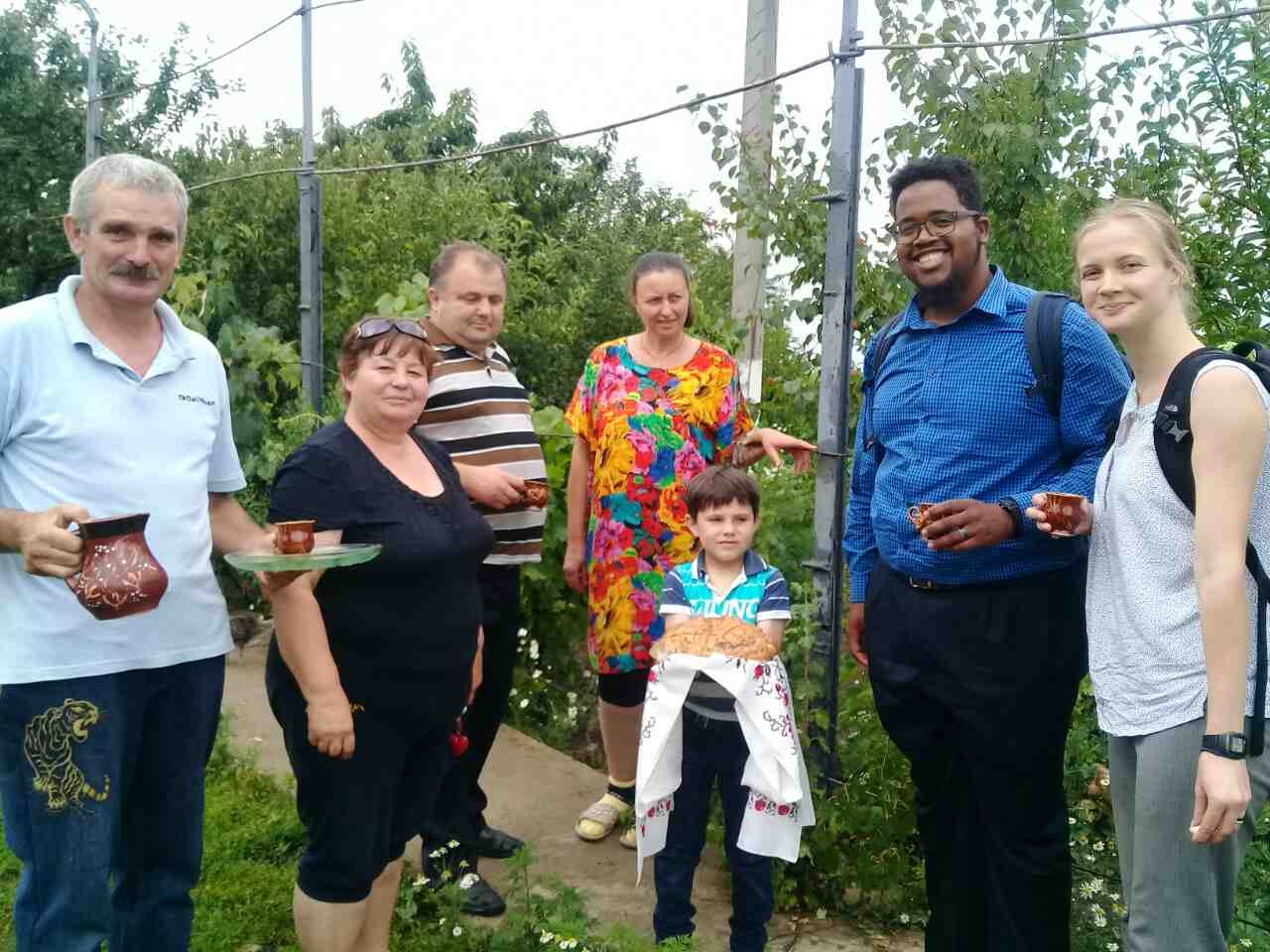
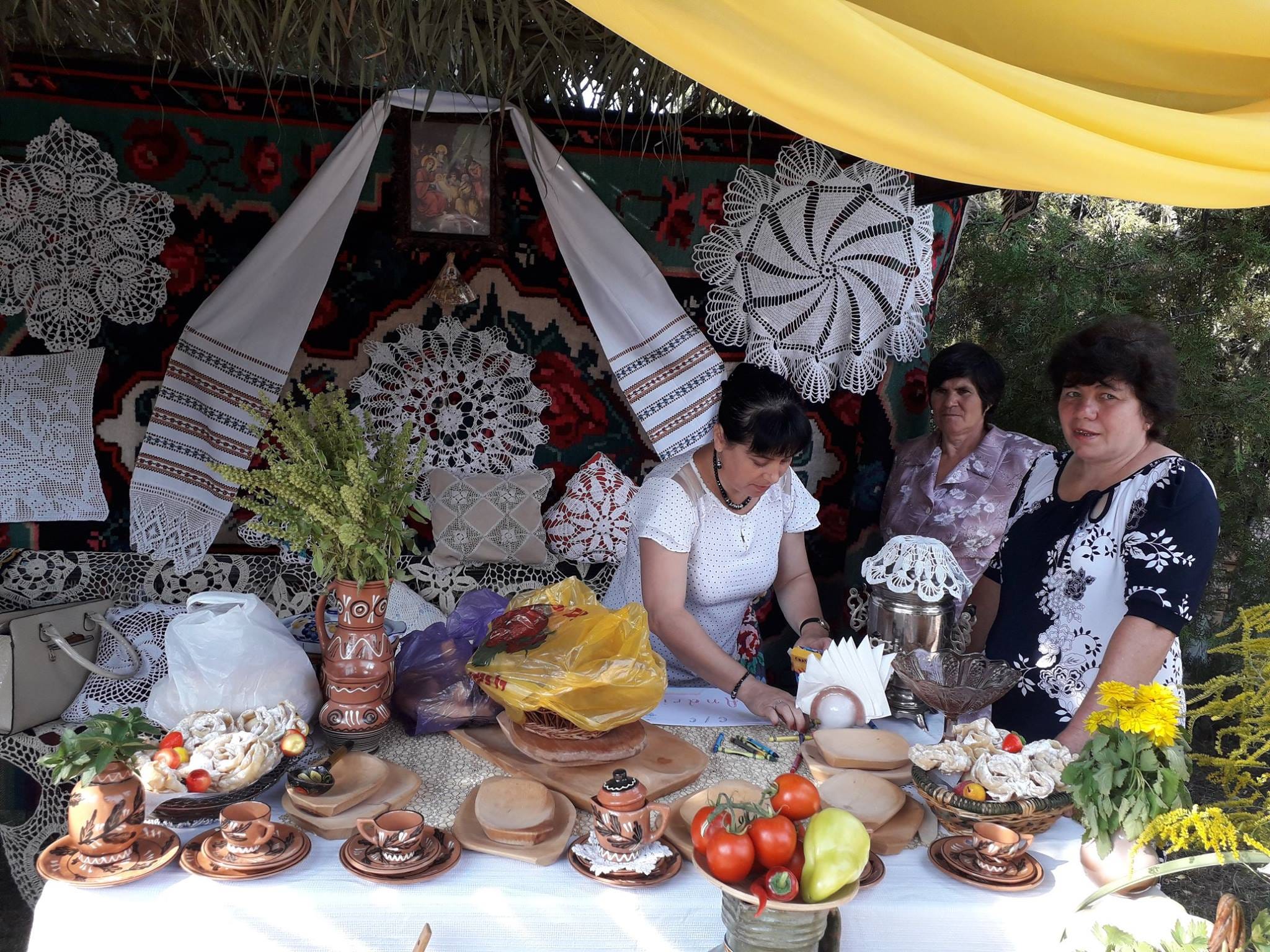
“I could organise trainings with the teachers on how to have efficient activities with the young people. I am applying currently for funding for such a project and Cotiujenii Mari will be included as a partner. That would mean purchasing some goods that would enable young people to practice certain activities, such as knitting, sewing. Also, there could be computer courses for teachers,” said Aliona Stircu, residing in Floresti town, where she works as the Director of the Centre of Arts for Children.
Emilia Prodan, obstetrician-gynecologist, and her brother Constantin Prodan, dentist, say that there are many elderly people in the community who cannot travel to the district center for specialized medical consultations.
“I know that there’s more of us, natives of the village, who are specialized doctors living in various places of the country, including Chisinau. We could easily organize ‘A Health Day’ when we could consult and provide certain medical services and information about the prevention of heart issues and others,” said the siblings who live in Balti and Chisinau respectively.
Carolina Furdui and Victor Pantiru, lawyers, said that they could provide free legal consultations to the inhabitants of Cotiujenii Mari:
“There’s nothing complicated about coming for one Saturday once in two months to provide legal consultations to people who need them, but cannot afford such services,” said Victor Pantiru.
Ana Turcan, cosmetologist living in France, suggested organizing a donation of food and clothes for elderly people and vulnerable children from the community and from the district.
“I could also contribute to the administration and promotion of the Hometown Association’s Facebook page,” said Ana Turcanu.
Leonid Levitchi, living in Germany, agreed to organize together with other natives, experts in various areas, mentoring sessions for the youngsters from Cotiujenii Mari.
“For instance, I could organize mentoring sessions in IT. I am sure other people from Cotiujeni will support this idea, so that we could include other areas.”
The suggestions were included in a plan, with assigned responsible persons from diaspora in partnership with local leaders. The work plan was published on the page of the Hometown Association and, from now on, the promoters will get actively involved in implementing their ideas and will meet periodically to discuss their achievements and plan new activities.
“It is very important for Cotiujenii Mari to keep the natives, with their enormous expertise, as close to their home community as possible. I know that everyone attending this meeting is very busy, but I want to thank you for finding some time on your agenda in order to make a good deed for your home village. I am sure that in one-year time we will be able to see the results of what we do together for the village,” said the mayor Nicolae Dorogan.
250 local initiatives could be implemented by transferring the knowledge of the natives to 35 home communities
The meeting in Cotiujenii Mari was not the only one. Other 34 communities around the country organized such meetings during the time of Easter holidays — as part of the national campaign “Promoters for home”.
These meetings involved approx. 350 natives with professional expertise in various areas, settled in over 20 countries. They came up with over 250 initiatives, which they will implement at home in such areas as IT, economy, tourism, organic agriculture, health, PR and communication, project writing and management, construction, education and sports, culture and history, etc.
“For the Republic of Moldova in general, but also for every community in particular, it is important to attract expertise of the highest level. This is often much more important than the financial contributions. It is important for the 35 communities to be open to make use of this human capital. We are sure this way the 35 communities can become role models for all other communities of the country,” said Zinaida Adam, manager of the Migration and Local Development Project.
The natives proved to be open and interested in becoming “promoters for home”. At the same time, they admitted it was a great responsibility to engage in initiatives for their home communities.
The first hometown associations were established in the Republic of Moldova in 2016, the aim to involve natives in local development, with the support of Switzerland. Currently there are over 200 hometown associations in the country.
Author: Tatiana Solonari, UNDP Moldova


